The concept of homeschooling has seen considerable growth over the years. However, while it offers some perks like flexibility, critics believe the demerits may be worse. We uncovered the reasons for the debate and skepticism.
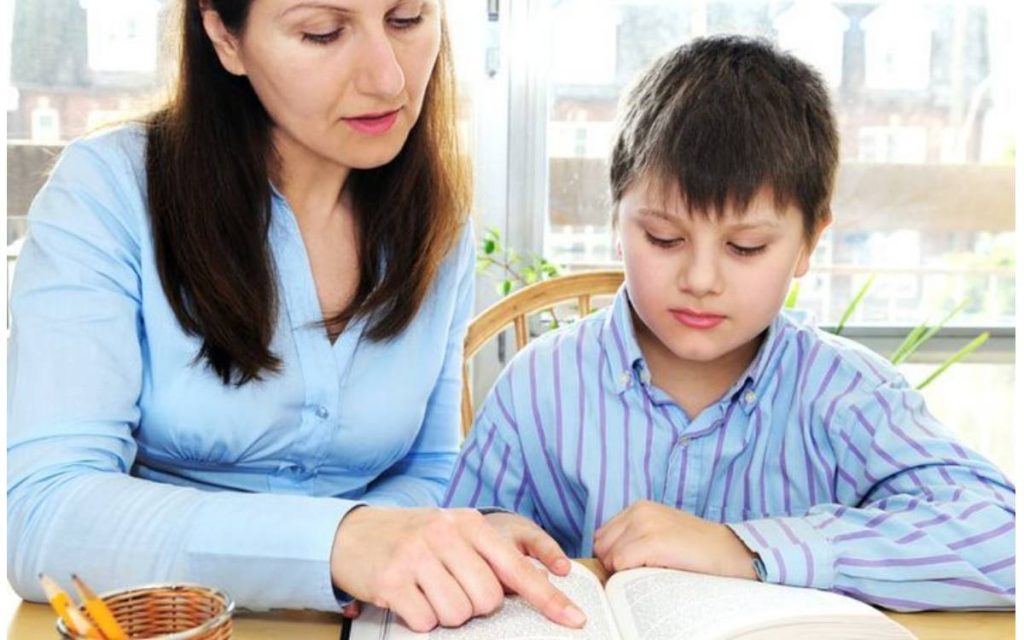
Little or No Socialization
Studying in a school environment allows children to mingle with their peers, learn social norms, and develop essential communication skills.
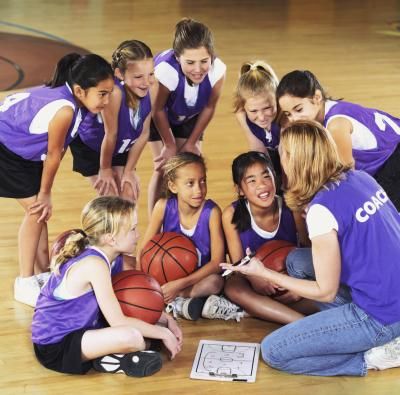
Critics of homeschooling argue that it deprives children of these crucial interactions, which could ultimately affect their ability to socialize effectively later in life as these skills are harder to learn as adults.
Students of Homeschooling May Experience Uneven Curriculum
Traditional schools prepare kids for their futures by following a standardized curriculum. This ensures that all students get similar exposure to education. Homeschooling may lack this consistency, potentially resulting in gaps in knowledge or skills.

Homeschoolers don’t get to do things like PE or other subjects that require pairing up and team exercises. These are crucial for building confidence.
There May Be Limited Resources
In a traditional school, there are available resources dedicated to imparting knowledge, including science labs, libraries, and arts facilities. Homeschooled students may not have access to these, which can severely limit their educational experiences.

They also may not be taught by truly knowledgeable people. While some parents may excel in some subjects, they might not be knowledgeable in all. This generates concerns about the adequacy of the education homeschooled children receive.
There Is a Much Larger Potential for Bias
A homeschooled child inherits his/her parents’ perspectives on many subjects. This will potentially limit their exposure to differing viewpoints, which could affect them in various ways.
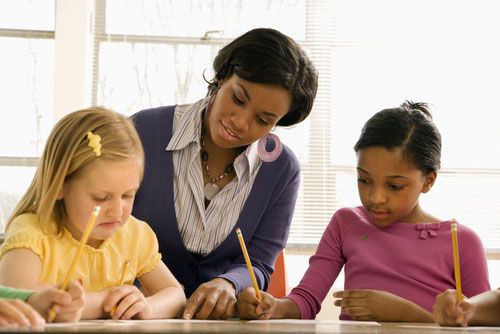
Homeschooling also has reduced oversight. This can, in the worst cases, help abusive parents get away with their actions more easily compared to if their child attended a traditional school.
Lack of Special Education
Traditional schools have facilities that support special education programs and professionals trained to cater to children with specific needs. This may not be available in a homeschool setting.
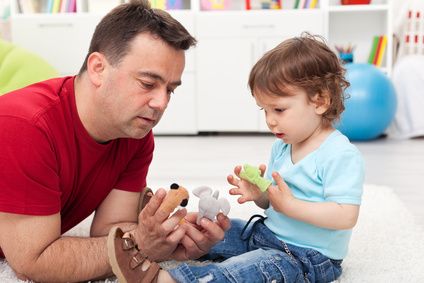
This means that the child may not be getting adequate exposure to knowledge because the parent may not be getting through at all.
There Will Be Missed Milestones
Events like proms or graduation ceremonies characterize traditional schools. They are all recognized rites of passage that homeschooled students might not get a chance to enjoy.
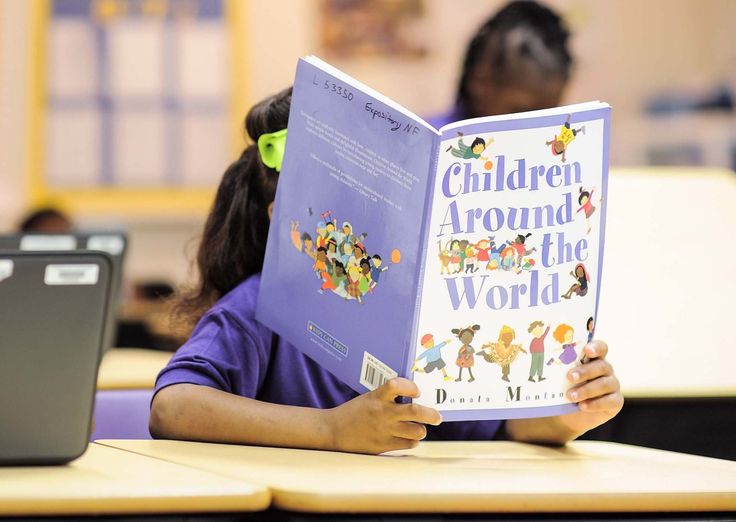
They will never get excited to go to their high school prom or prepare for a graduation ceremony at the end of their academic journeys, surrounded by peers they made memories with.
Limited Team Sports
Getting involved with team sports promotes physical health and teaches teamwork, discipline, and sportsmanship. However, such opportunities are only available to children schooled in traditional settings.
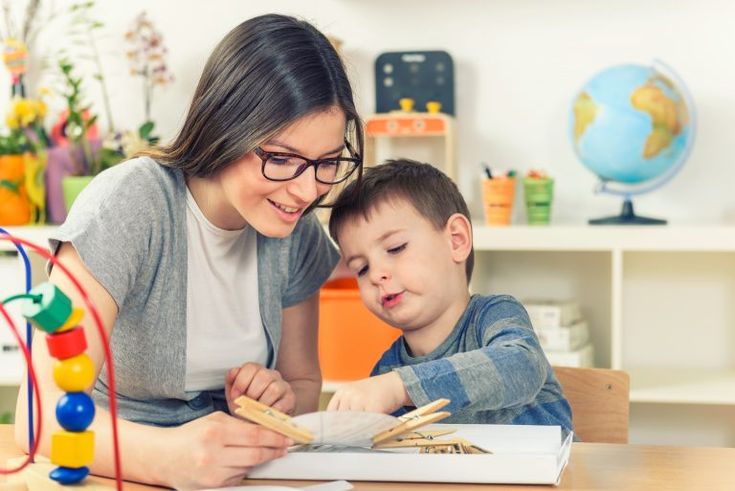
This could easily help the kids realize sports they enjoy and might make a career in. Homeschooled kids are usually only exposed to family, and not all family units have enough kids for team sports to be fun.
Lack of External Accountability
Traditional schools undergo regular testing and evaluations, ensuring students meet educational standards. Such structured evaluation might be absent in homeschooling as the child’s parents hold the principal authority over their learning.

This means that the child may not be adequately prepared for some things, including college, which has a unique set of challenges, both academically and socially.
They Run the Risk of Isolation
Children who get homeschooled have limited interactions with a diverse group of peers. The limitation might lead them to develop feelings of isolation or difficulty in social situations later in life.

These kids could also grow up with a limited worldview, as homeschooling limits their exposure to diverse thoughts, backgrounds, and challenges.
There Is a Huge Potential for Indoctrination
Some parents opt for homeschooling to impart strong religious or ideological beliefs onto their wards, often at the expense of traditional and more complete education.
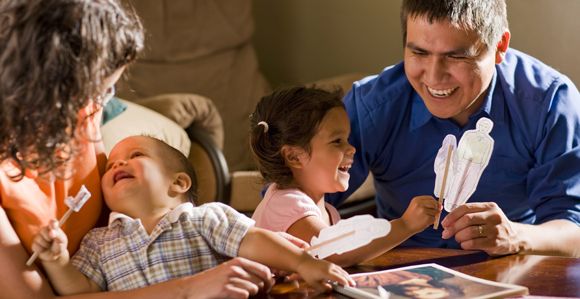
Children homeschooled because of this have the same beliefs as their parents. They often have difficulty coming to terms with other ideas or truths.
Homeschooling Demands Sacrifices
Parents who homeschool their kids often have difficulties regarding income and time, as one parent might need to stay behind at home or reduce work hours to get enough time.
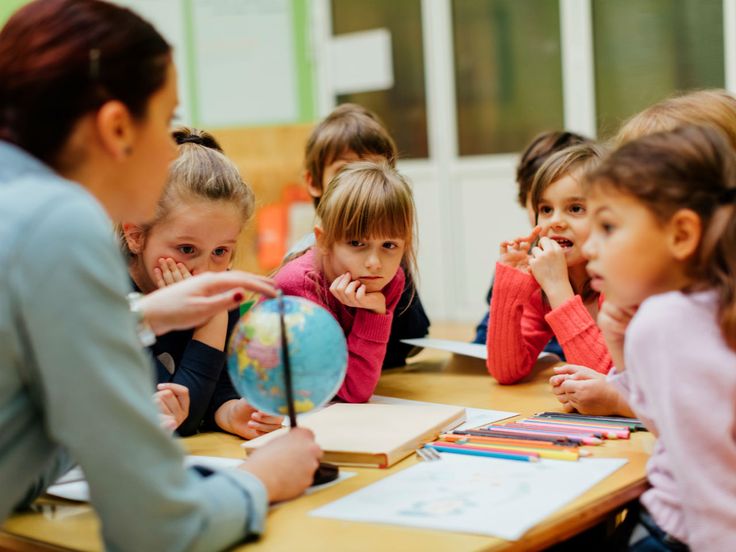
The child also makes sacrifices. After all, traditional school offers a fuller experience for children than homeschooling.
Strain on Parents
Homeschooling a child can be tricky because the parent has to fulfill two roles simultaneously. They have to be both parents and teachers, and finding a midpoint can be very difficult.

On the one hand, you want to pet your child, but on the other, you know a reprimand is what they need to get the sum right. It could drain the parent and is just one of the many reasons people frown at homeschooling.
